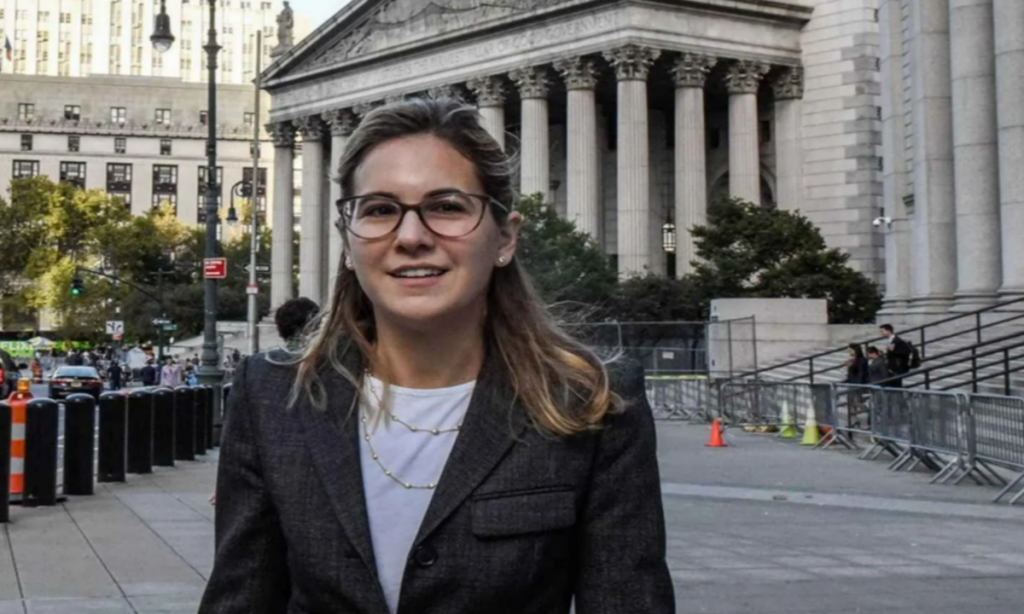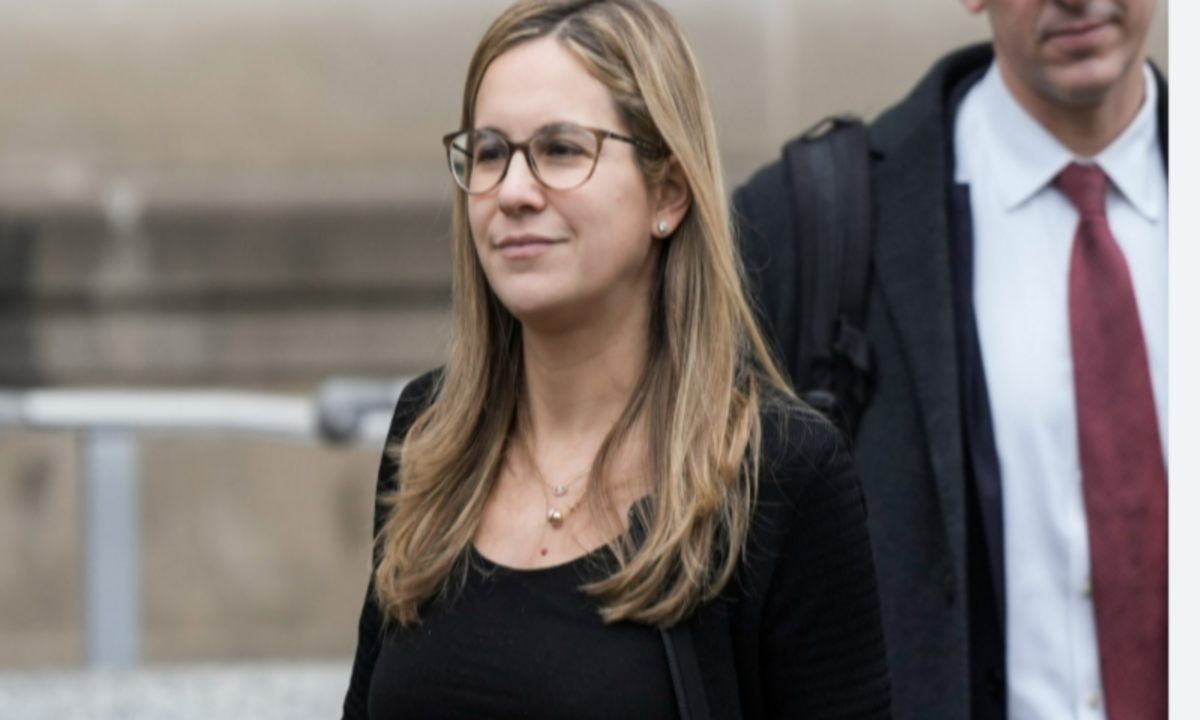In a dramatic turn of events, Danielle Sassoon, the acting U.S. Attorney for the Southern District of New York, has resigned after being directed by the Justice Department to drop a corruption case against New York City Mayor Eric Adams.
Sassoon, a Republican appointee, described the decision as politically motivated and stated that she could not, in good conscience, comply with the order. The resignation has triggered concerns about political interference in high-profile legal cases and raised questions about the integrity of the judicial process.
Background: The Corruption Case Against Mayor Adams
Mayor Eric Adams was indicted in September on charges of fraud and bribery. The case involved allegations that Adams had:
Accepted illegal campaign contributions from foreign sources.
Used his influence to grant favors to businesses and political donors.
Fast-tracked permits for a foreign consulate building in exchange for personal benefits.
Adams has denied all charges, calling the indictment a political attack. He claimed that he was being punished for his criticism of President Joe Biden’s immigration policies.
Despite the indictment, Adams remained in office, refusing to resign. His supporters argued that the charges were unjustified and politically motivated, while critics said the case showed serious concerns about corruption within his administration.
Justice Department’s Directive to Drop the Case
In a controversial move, acting Deputy Attorney General Emil Bove ordered the Southern District of New York (SDNY) prosecutors to dismiss the case against Adams.
Bove’s letter to Sassoon cited two main reasons for the decision:
Political Disruption: The prosecution was allegedly hindering Mayor Adams’ ability to govern effectively, particularly in addressing issues like illegal immigration and violent crime.
Lack of Institutional Support: The Justice Department stated that continuing the case would not align with the administration’s broader priorities.
Bove also criticized Sassoon, stating that she had “lost sight of the oath she took” and was pursuing the case despite clear instructions to stop.
This order came just days after former President Donald Trump expressed support for Adams, claiming he was being unfairly prosecuted for his opposition to open-border policies.
Sassoon’s Resignation and Its Fallout
Rather than comply with the directive, Danielle Sassoon resigned from her position as acting U.S. Attorney.
In her resignation letter, she stated that the order to dismiss the case was “inconsistent with my ability and duty to prosecute federal crimes without fear or favor.”
She emphasized that political considerations should not determine judicial decisions.
She warned that dismissing the indictment would set a dangerous precedent, where powerful political figures could avoid accountability.
Sassoon’s departure shocked the legal community, with many seeing it as a stand against political interference in the justice system.
Public and Political Reactions
The resignation and case dismissal have sparked heated debate among politicians, legal experts, and the public.
Republican lawmakers criticized the Justice Department, accusing it of shielding Adams from prosecution for political reasons.
Democratic officials defended the decision, arguing that the case was weak and politically motivated from the start.
Legal experts expressed concern that the Justice Department’s decision could undermine trust in the judicial system.
Meanwhile, Adams’ legal team welcomed the decision, saying that it proved his innocence and allowed him to focus on governing.
A Pattern of Political Shakeups in the Justice Department
Sassoon’s resignation comes amid a larger reshuffling of the Justice Department under the new administration.
Several high-ranking officials in the Public Integrity Section—which handles government corruption cases—have also resigned in protest.
Former special counsel Jack Smith’s office—which led criminal investigations into Donald Trump—has seen multiple officials demoted or reassigned.
The Justice Department has increased scrutiny of local law enforcement cooperation with federal immigration authorities, a key issue in Adams’ policy disputes.
These moves suggest a broader realignment of priorities, with a focus on aligning federal prosecutions with the administration’s political goals.
What Happens Next?
With the case dismissed, Mayor Adams will continue his term in office, and no further legal action is expected against him—at least for now.
However, Sassoon’s resignation raises serious concerns about:
The independence of the Justice Department in handling corruption cases.
The potential for political interference in criminal investigations.
Whether high-ranking officials can truly be held accountable under the law.
The fallout from this decision will likely continue as lawmakers and legal experts debate the future of federal prosecutions in politically sensitive cases.
Final Thoughts
The resignation of Danielle Sassoon over the Justice Department’s intervention in the Adams case is a powerful reminder of the tensions between law, politics, and justice.
While the Justice Department argues that the case was politically motivated, Sassoon’s decision to step down rather than comply suggests a growing divide within the federal justice system.
Whether this signals a new era of politically influenced prosecutions or simply a strategic legal decision, the impact of this case will be felt for years to come.
With trust in the judicial system at stake, how the Justice Department handles future cases of political corruption will be closely watched.
Disclaimer—Our team has checked this article to ensure its accuracy and eliminate any misinformation. We are committed to providing clear and reliable information for our readers.


